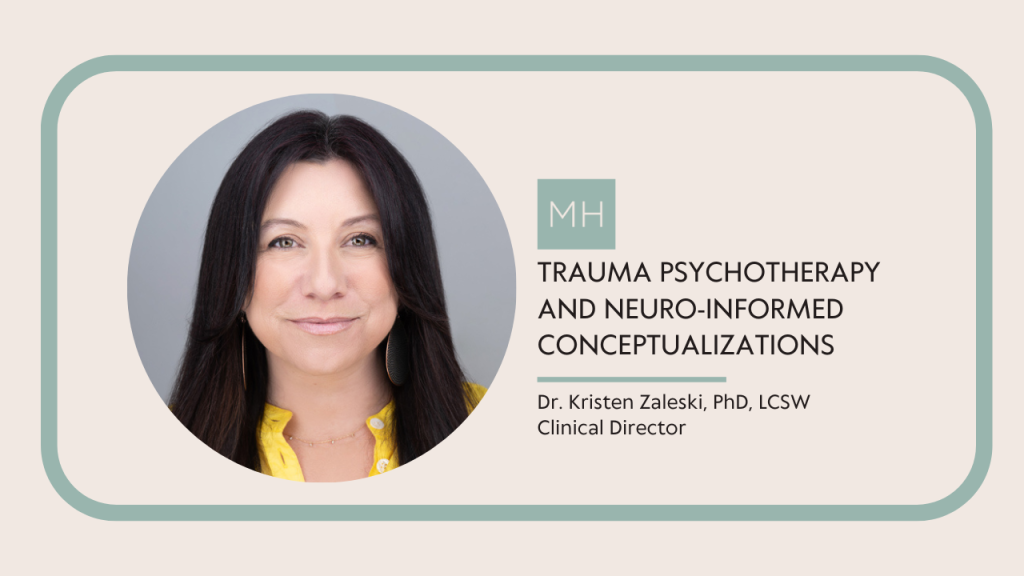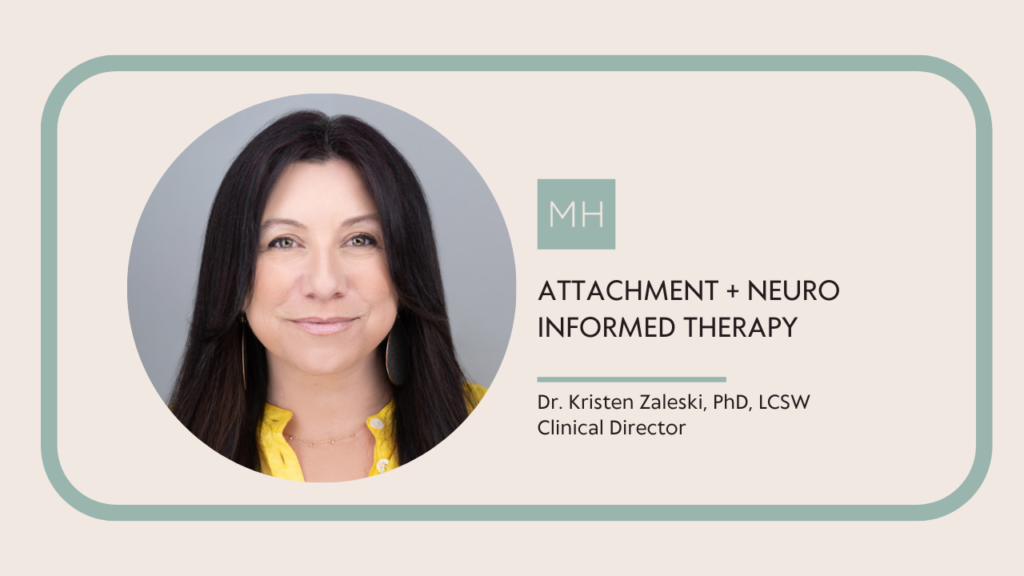NEURODIVERGENCE
Neurodivergent simply means someone who thinks differently from the way the majority (referred to as neurotypical) expects. Neurotypical means the opposite –someone whose brain behaves in the same way as the majority of society.
The term neurodiversity
It refers to a larger category of people with varying neurological differences, as well as neurotypical people. Many people identify as neurodiverse, including people with:
- Attention Deficit Hyperactivity Disorder (ADHD)
- Tourette Syndrome
- Depression
- Dyslexia
- Intellectual Disabilities
- Schizophrenia
Autistic people, individuals on the spectrum, or those who have other neurological differences are referred to as “neurodivergent.”
Instead of seeing autism as a disorder, people use the term “neurodiverse” to recognize the rich differences, abilities, and strengths autistic people and other neurodiverse people have.
The neurodiversity movement focuses on promoting the full inclusion of neurodiverse individuals and their individual rights to be accepted as they are.
Types of Neurodivergence:
Several types of Neurodivergence, include autism, dyslexia, dyscalculia, epilepsy, hyperlexia, Dyspraxia, ADHD, obsessive-compulsive disorder (OCD), and Tourette syndrome (TS).
Neuro-differences are recognized and appreciated as a social category similar to differences in ethnicity, sexual orientation, gender, or ability. Neurodiversity also comes in varying degrees. For example, some people with autism have higher support needs than others.
The current edition of the “Diagnostic and Statistical Manual of Mental Disorders (DSM)” has placed several diagnoses under the category of autism spectrum disorder.
These include:
- Childhood Disintegrative Disorder
- Pervasive Developmental Disorders not otherwise specified
The DSM classifies autistic spectrum disorder with three levels of severity. Severity is based on how much impairment you live with in the areas of social communication and restricted or repetitive behaviors.
- Level 1 is given when you need support.
- Level 2 is given when you need substantial support.
- Level 3 is given when you need very substantial support.
Treatment of Challenges Secondary to Neurodivergence
- Medication Management
- Individual, Group and Family Therapy
- Integrative treatment modalities such as: Yoga – Minfulness + Meditation – Practices – Exercise – Nutrition – Journaling – Massage Therapy – Art Therapy
DO YOU HAVE A QUESTION?
Send our team a message or call 888.717.9355

